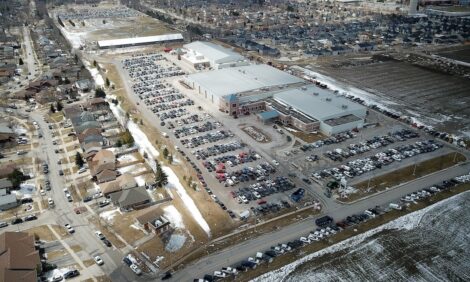



Dairymen hands tied on powdered milk
BARBADOS - THEIR hands are tied and there is virtually nothing that local dairy farmers can do to prevent reconstituted powdered milk moving in on the fresh milk market as a result of shortages in supplies of local fresh milk."That is a big concern for us. There are different products, in the sense that one is from powder, and one is fresh milk. We are trying to position ourselves as a healthy fresh milk product. So far it appears as though our hands are a bit tied as to what to do with the powder coming in,". Davis said.
Turning his attention to what the farmers could do, Davis said there were short and long term strategies that could be used to increase milk production. The short term strategy, he said, would be to improve the herd, and increase the number of cows via importation.
That is a strategy several of the island's 19 farmers who ship milk to the Pine Hill Dairy are hoping to take, but so far, only CO Williams Farms has been able to take advantage of this opportunity, and a shipment of 80 pregnant heifers is imminently expected in the island.
While milk reconstituted from powder can cause quite a competition headache for local dairy farmers, they at least do not have to worry about imported liquid milk.
"We currently have a protection in place for liquid milk coming into the market, because we recognised it as a sensitive agricultural product quite a few years ago. There was a time limit and time frame in which you had to make representation to WTO (World Trade Organisation) as to what industries your country considered to be sensitive.".
Davis said fresh milk had been identified as one such product, and presently importers would be subject to payment of a bound rate at around 140 per cent.
Source: The Barbados Advocate


